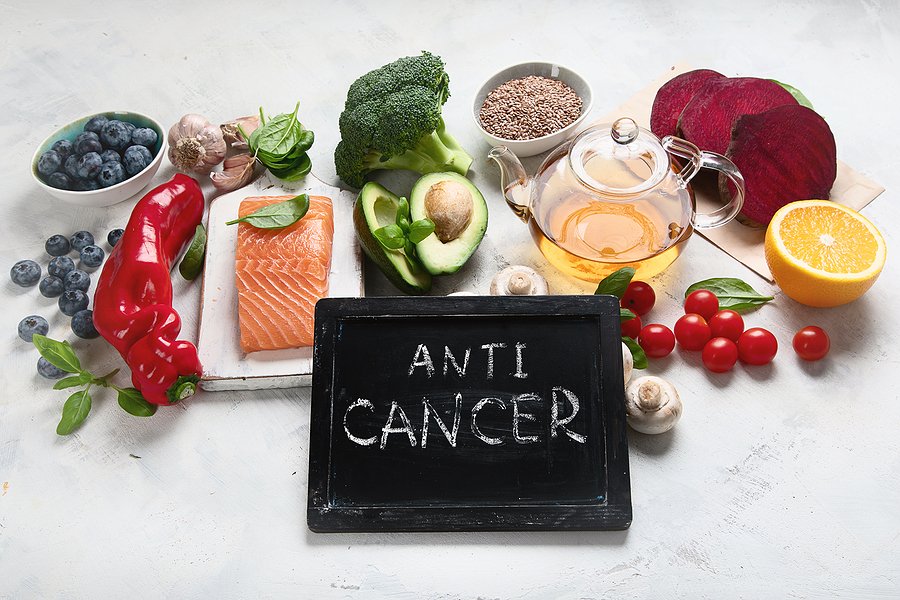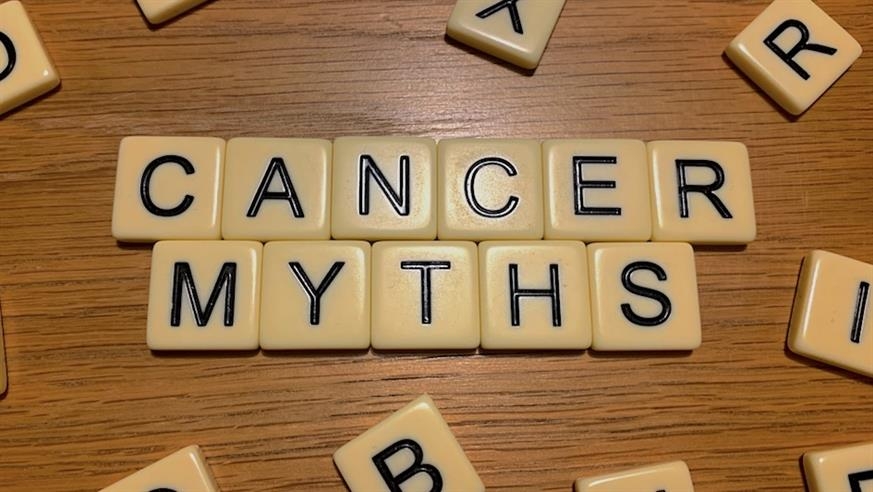Cancer is a topic that often stirs fear, misunderstanding, and misinformation. Despite advancements in research and treatment, many myths about this disease persist, causing unnecessary anxiety and confusion. From believing that cancer is always fatal to thinking it’s entirely preventable, misconceptions can cloud our understanding and decision-making.
In this article, we’ll debunk 10 of the most common cancer myths with insights from leading oncologists and researchers. By separating fact from fiction, you can take an informed approach to prevention, diagnosis, and treatment.
1. Myth: Cancer Is Always a Death Sentence
Fact: Early Detection and Treatment Save Lives
While cancer is a serious disease, advancements in screening, early diagnosis, and innovative treatments have significantly improved survival rates. Cancers like breast, prostate, and cervical cancer, when detected early, have survival rates exceeding 90% in some cases. Treatments such as immunotherapy and targeted therapy are revolutionizing outcomes, even for advanced stages.

Takeaway: Regular check-ups and knowing your risk factors are crucial in catching cancer early when it’s most treatable.
2. Myth: Only Smokers Get Lung Cancer
Fact: Non-Smokers Can Develop Lung Cancer Too
Smoking is a major cause of lung cancer, but it’s not the only risk factor. Exposure to radon gas, secondhand smoke, air pollution, and a genetic predisposition can also increase the likelihood of developing the disease. Approximately 10-20% of people diagnosed with lung cancer have never smoked.

Takeaway: Reducing exposure to environmental risks and maintaining regular health screenings can help lower your chances, even if you’ve never smoked.
3. Myth: Cancer Always Runs in Families
Fact: Most Cases Are Not Inherited
While family history can play a role, only about 5-10% of cancers are directly linked to inherited genetic mutations. Most cancers are caused by genetic changes acquired during a person’s lifetime due to environmental exposures, lifestyle factors, or aging. Genetic testing can identify hereditary risks, but it’s not a determinant for everyone.
Takeaway: A healthy lifestyle and regular screenings can help reduce your overall cancer risk, regardless of family history.
4. Myth: Superfoods Alone Can Prevent Cancer
Fact: No Single Food Guarantees Cancer Prevention
Superfoods like berries, kale, and turmeric are packed with nutrients and antioxidants, but they’re not magic bullets against cancer. A balanced diet rich in whole grains, lean proteins, fruits, and vegetables is more effective in supporting overall health and reducing cancer risk. Lifestyle factors like exercise and avoiding tobacco play a bigger role.

Takeaway: Incorporate superfoods as part of a well-rounded, nutrient-rich diet, but don’t rely solely on them for cancer prevention.
5. Myth: Sugar Feeds Cancer
Fact: Sugar Does Not Directly Cause Cancer Growth
While cancer cells consume more glucose than normal cells, there’s no evidence that eating sugar makes cancer grow faster. However, a high-sugar diet can contribute to obesity, which is a known risk factor for several cancers. Maintaining a healthy weight through balanced nutrition and exercise is more impactful.
Takeaway: Focus on moderation and prioritize whole, unprocessed foods over sugary snacks and beverages.
6. Myth: Cancer Surgery Spreads the Disease
Fact: Surgery Is Often a Life-Saving Treatment
Some people fear that surgery can expose cancer cells to oxygen, causing the disease to spread. However, there’s no scientific basis for this belief. Surgeons take extensive precautions to remove tumors safely, and surgery remains one of the most effective treatment methods for localized cancers.
Takeaway: If recommended by your doctor, surgery can be a critical step toward recovery, not a cause for concern.
7. Myth: Cancer Treatments Always Cause Severe Side Effects
Fact: Modern Therapies Are More Targeted and Tolerable
While treatments like chemotherapy and radiation have potential side effects, advancements in medicine have minimized these risks. Personalized therapies, including immunotherapy and targeted treatments, are designed to be more precise, reducing harm to healthy tissues and improving patient comfort.
Takeaway: Speak with your healthcare team about managing side effects and exploring newer, less invasive treatment options.
8. Myth: Alternative Therapies Can Cure Cancer
Fact: Evidence-Based Medicine Is Essential
While complementary practices like meditation, acupuncture, or certain herbal remedies can help with symptom management, they are not substitutes for proven medical treatments. Skipping conventional therapies for unverified alternatives can be dangerous and reduce survival chances.
Takeaway: Always consult your doctor before incorporating alternative treatments and prioritize evidence-based care.
9. Myth: Tanning Beds Are Safer Than the Sun
Fact: Both Are Harmful to Your Skin
Tanning beds emit ultraviolet (UV) rays, just like the sun, and are a leading cause of skin cancer. In fact, studies show that indoor tanning increases the risk of melanoma, the deadliest form of skin cancer, by 75% when used before age 35.
:max_bytes(150000):strip_icc()/GettyImages-a0069-000366a-56c67ecb3df78cfb37858f79.jpg)
Takeaway: Protect your skin with sunscreen, seek shade, and avoid tanning beds altogether.
10. Myth: A Cancer Diagnosis Means Life Must Stop
Fact: Many People Live Full Lives With or After Cancer
A cancer diagnosis is life-changing, but it doesn’t define a person’s future. With advancements in treatment, many individuals achieve remission or manage cancer as a chronic condition. Support from healthcare teams, loved ones, and support groups can make the journey more manageable.
Takeaway: Focus on a positive mindset, explore treatment options, and prioritize self-care to maintain quality of life.
Conclusion: Understanding the Truth About Cancer
Misinformation about cancer can lead to unnecessary fear and poor decisions. By debunking these common myths, we hope to empower you with accurate information and encourage informed choices about prevention, diagnosis, and treatment. Remember, early detection, a healthy lifestyle, and open communication with healthcare providers are key to reducing risks and improving outcomes.
Want to learn more about cancer care, prevention tips, or personal stories of resilience? Explore our website for comprehensive resources and expert advice. Share your thoughts, ask questions, or leave a comment below—let’s break the myths and spread awareness together!

Leave a Reply